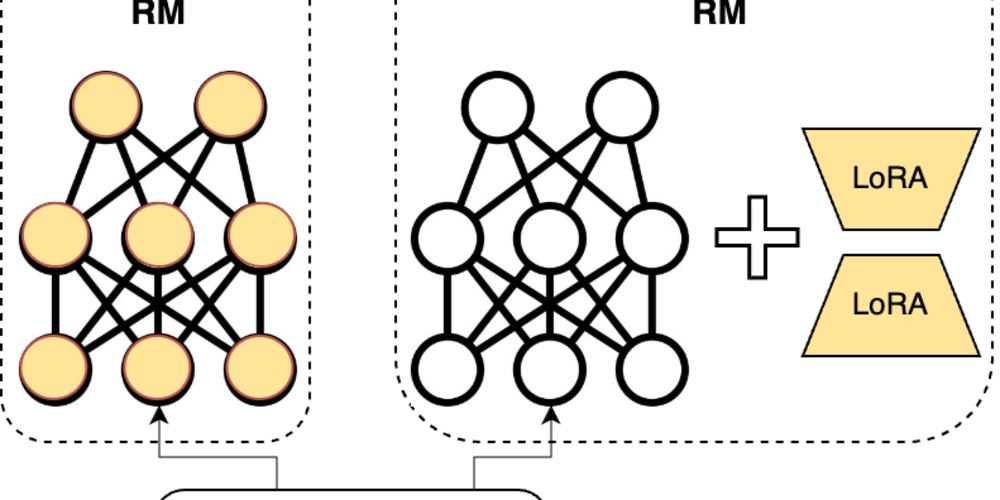Go has become increasingly popular in recent years, especially in my local area. Go has been consistently displacing other backend languages like Ruby, Python, C# and Java. Go is wanted for its simplicity, explicitness, speed, and low memory consumption.
Many developers that are new to the language, or new to a language that can handle memory directly using pointers end up misusing those pointers.
What Is a Pointer?
A pointer is a variable that stores the address of a value, rather than the value itself. If you think of a computer’s memory (RAM) as a JSON object, a pointer would be like the key, and a normal variable would be the value.
{
"pointer": "variableValue"
}
Lets see one in action:
package main
import "fmt"
func main() {
// create a normal string variable
name := "original"
// pass in a pointer to the string variable using '&'
setName(&name, "qvault")
fmt.Println(name)
}
func setName(ptr *string, newName string) {
// dereference the pointer so we can modify the value
// and set the value to "qvault"
*ptr = newName
}
This prints:
qvault
As you can see, because we have a pointer to the address of the variable_,_ we can modify its value, even within the scope of another function. If the value were not a pointer, this would not work:
package main
import "fmt"
func main() {
name := "original"
setNameBroken(name, "qvault")
fmt.Println(name)
}
func setNameBroken(ptr string, newName string) {
ptr = newName
}
prints:
original
Pointers can be useful, but in the same way that they are useful, they can be dangerous. For example, if we dereference a pointer that has no value, the program will panic. For this reason we always check if an error value is nil before trying to print it.
Syntax
1. Creating a pointer: &
newString := ""
newStringPointer := &newString
If you print that pointer you will see a memory address.
package main
import "fmt"
func main() {
newString := ""
newStringPointer := &newString
fmt.Println(newStringPointer)
}
prints: 0xc00000e1e0
Which is the memory address of that variable in your machine.
2. Describing a pointer: *
In a function signature or type definition, the * is used to designate that a value is a pointer.
func passPointer(pointer *string) {
}
3. Dereferencing a pointer: *
It can be slightly confusing, but the * is used to describe a pointer and it is also used as an operator to dereference a pointer.
func derefPointer(pointer *string) {
newStringVariable := *pointer
// newStringVariable is just a normal string
}
When Should I Use a Pointer?
There are probably many nuanced cases for when a pointer is a good idea, but I would guess that 95% of the time when you use a pointer, it should be for one the following reasons:
1. A function that mutates one of its parameters
When I call a function that takes a pointer as an argument, I expect that my variable will be mutated. If you aren’t mutating the variable in your function, then you probably shouldn’t be using a pointer.
2. Better Performance
If you have a string that contains an entire novel in memory it gets really expensive to copy that variable each time it is passed to a new function. It may be worthwhile to pass a pointer instead, which will save CPU and memory. This comes at the cost of readability however, so only make this optimization if you must.
3. Need a Nil Value Option
Sometimes a function needs to know what something’s value is, as well as if it exists or not. I usually use this when reading JSON to know if a field exists or not. For example, if a JSON object is:
{ "name": "qvault" } ----> *name: "qvault"
{ "name": "" } ----------> *name: ""
{} ----------------------> *name: nil
Thanks
These are some rules of thumb for when to use pointers in your code. If you are unsure, and a normal value will work just fine, I would advise to avoid the pointer. Pointers are useful tools but can lead to nasty bugs or unreadable code quite easily.
By Lane Wagner @wagslane
Download Qvault: https://qvault.io
Star our Github: https://github.com/q-vault/qvault
The post The Proper Use of Pointers in Go (golang) appeared first on Qvault.



















